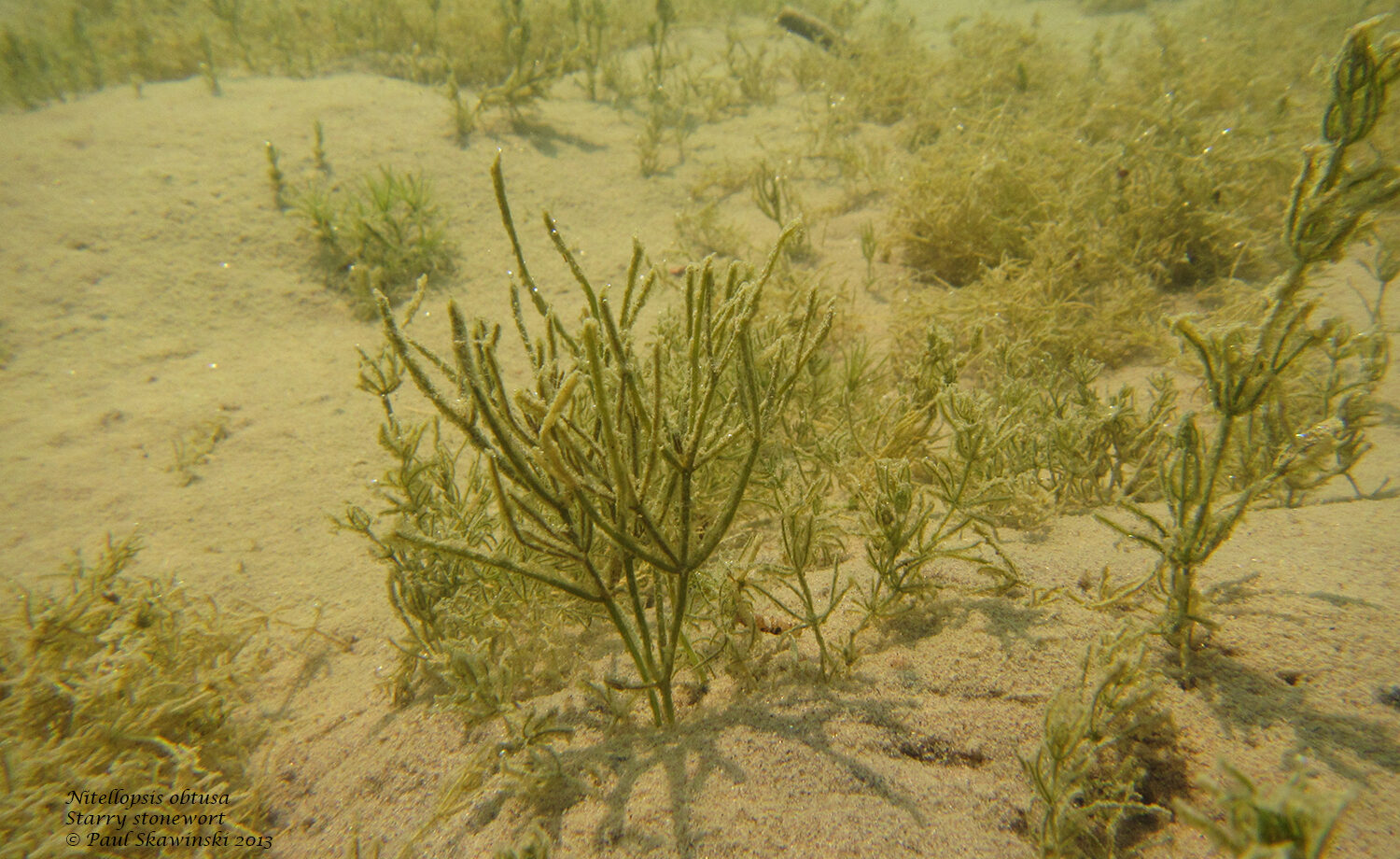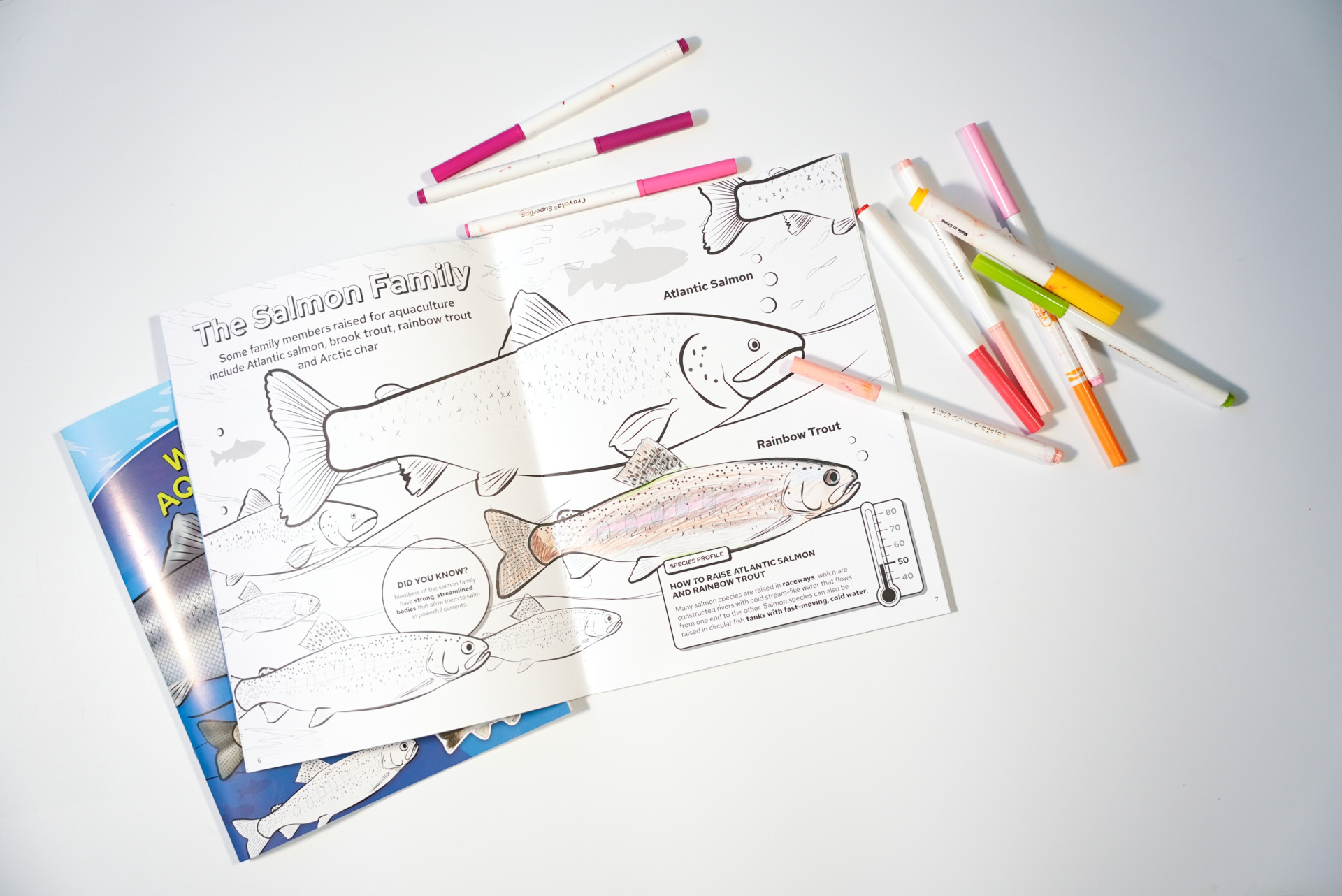If you’re treading the Lake Michigan beaches near Milwaukee between now and the end of September, don’t be surprised to see a friendly woman approaching you.
No need to dodge or run away—she only wants to ask you how much you know about the beach you’re currently using.
For the next two months, Kim Smith, a communications specialist, will work with University of Wisconsin Sea Grant to survey local beach users in and around Milwaukee County’s Lake Michigan beaches, about where they’re getting key information about some of Wisconsin’s most-used recreational waters. She’ll be asking questions about topics like bacteria levels, beach closure announcements, current beach weather conditions and water safety, including rip currents and wave reports.
“There’s so much that beach-goers don’t know about the sand they walk on and the water they play in,” said Smith, who received her training from the Florence Land Conservation Department and is currently working on a graduate degree in communications at the University of Wisconsin-Milwaukee. “And honestly, how would they? It’s difficult to find information if you don’t know what to ask or where to look. I think this project will help to illuminate some things that we can do to help bridge that gap.”
While Wisconsin beaches near the Great Lakes have always been some of the state’s most beautiful resources, they also can be hazardous. Smith’s surveying efforts are funded by the Great Lakes Restoration Initiative, and are part of a Great Lakes Sea Grant Network project that includes the Wisconsin, Minnesota and Michigan Sea Grant programs.
The information Smith gathers over the next few months will eventually be used as the foundation for the Sea Grant Network’s team to develop new tools that will provide a source of real-time information about current beach conditions, warnings and closings.
“This work is not to collect new beach information, but rather to determine what existing information is most important for beachgoers to know as they decide whether or not to visit a particular beach, “ said Gene Clark, UW Sea Grant’s coastal engineering specialist and the principal investigator of the Wisconsin portion of the grant. “We also want to learn how to deliver that information in real-time, through new media channels. Web pages are great, but more and more people are used to using speedier ways to receive up-to date-information about beaches they wish to visit.”





